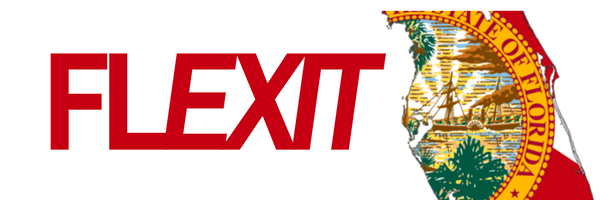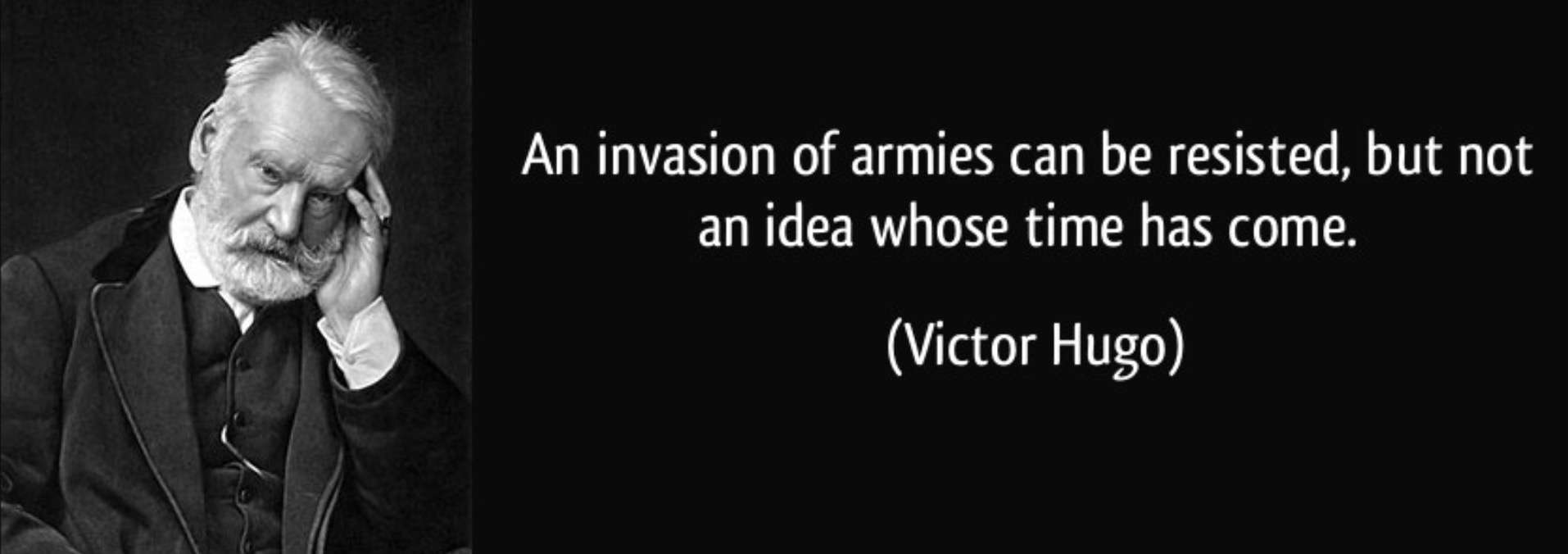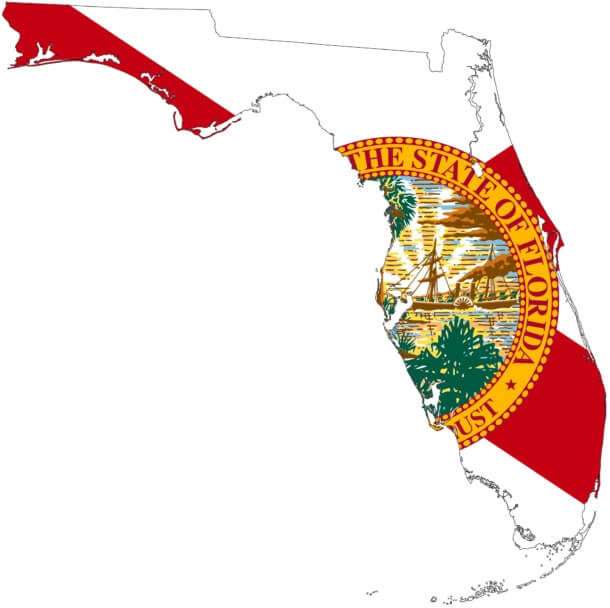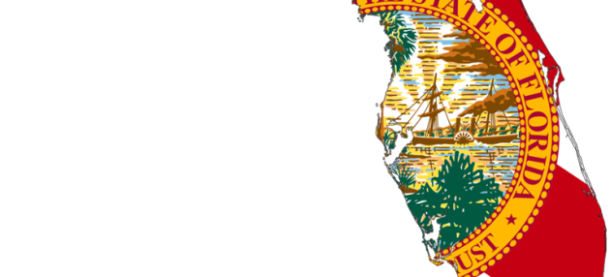I heartily accept the motto, “That government is best which governs least”; and I should like to see it acted up to more rapidly and systematically. Carried out, it finally amounts to this, which also I believe — “That government is best which governs not at all”; and when men are prepared for it, that will be the kind of government which they will have.
– Henry David Thoreau, Civil Disobedience
Some people live their existence in a great state of dread, convinced a totalitarian, centralized world government of sorts is in our future. Not only do I not think this is going to happen, but I predict the exact opposite will occur. I believe the world has already hit “peak centralization” and decentralization will be the defining trend of human existence on this planet going forward.
Naturally, this is just one man’s opinion, but I strongly believe it and will make my case in this piece. When I look around and think about the major trends of our time, they all point in the direction of decentralization, something which invariably scares the living daylights out of authoritarians worldwide.
Irrespective of what you think of Donald Trump, the fact he was elected proves the power of decentralization in the modern communications and media realm. As was well documented throughout the campaign, the mainstream media came out in clownish and historically lopsided fashion in favor of his opponent Hillary Clinton. We all remember seeing headlines like the one below and then reading stuff like the following.
Republican presidential nominee Donald Trump has received fewer endorsements from the editorial boards of the nation’s largest newspapers than any major-party presidential candidate in history.
Among the top 100 largest newspapers in America, just two — the Las Vegas Review-Journal and the Florida Times-Union in Jacksonville — endorsed Trump.
Yet he won the election anyway, which is instructive of the changing dynamics of our times. Indeed, I’m not sure Trump could’ve won if not for the internet and social media, which leveled the communications playing field and allowed anyone anywhere to have an opinion and share it widely. The role of media as officialdom’s trusted gatekeepers had been declining in influence for years, but the 2016 election served as the real wakeup call for a discredited establishment. Control of mass consciousness had been lost.
This realization is at the root of all hysteria surrounding fake news and the intense drive to push the “Russia did it,” via state funded media and Facebook meme. The end goal of this narrative is to somehow get information back under control of the gatekeepers in order to keep alternative views hidden. The rabble must be silenced, lest it get too powerful.
The general public would never accept such a crackdown if assorted billionaires and other corrupt card-carrying members of the status quo were honest about their intentions, so they have to create a story to justify stealth censorship. They’ve done this by aggressively pushing this story that fake news and Russia will spell the end of civilization as we know it unless we do something. The objective of all that “doing something” is to reestablish control of narratives by whatever means necessary. The tech platform monopolies will all play a key part in this narrative readjustment process, which will ultimately speed up calls for decentralized and more transparent social media platforms.
Continue: The Future Will Be Decentralized | Liberty Blitzkrieg




